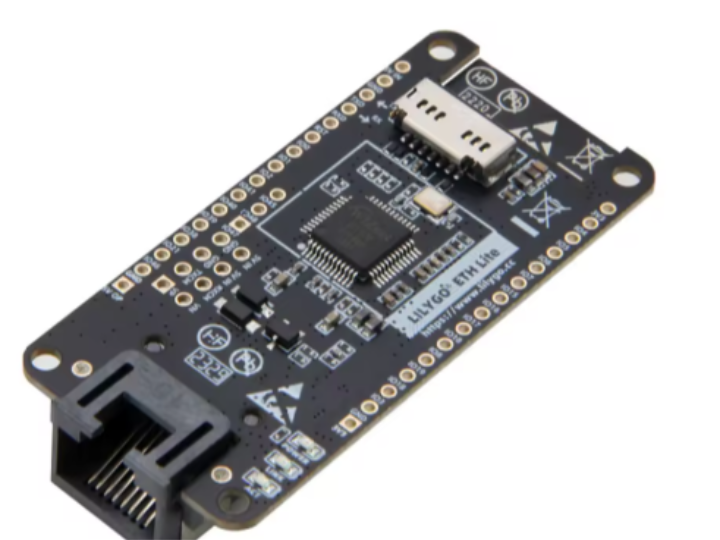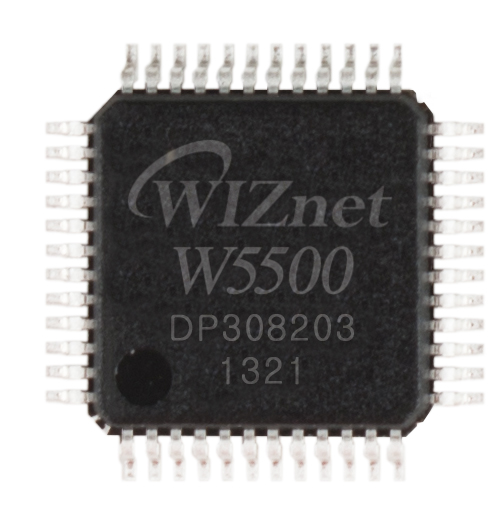Serveur Asynchrone Web Server W5500 + ESP
Serveur Asynchrone Web Server W5500 + ESP

Asynchronous Web Server on ESP32-S3 (Ethernet + Wi-Fi)
This project is based on André F1ATB’s implementation of an asynchronous web server for the ESP32-S3 board, enabling both wired Ethernet (via W5500) and Wi-Fi connections on the same device.
Hardware Used
Board: T-ETH-LITE ESP32-S3 (N16R8 configuration)
Dual-core ESP32-S3, 512 KB internal RAM, 16 MB SPI Flash, 8 MB PSRAM
Connectivity: Wi-Fi (802.11 b/g/n 2.4 GHz), Bluetooth LE 5.0, Ethernet (W5500 100 Mb/s)
Other Interfaces: RJ-45 (PoE support), SPI / I²C / I²S / UART / ADC / DAC / USB
Main Implementation Details
Dual Network Support – The ESP32-S3 can operate over both Wi-Fi and Ethernet simultaneously.
Library – AsyncWebServer_ESP32_SC_W5500.h
This library is specifically designed for the lwIP + W5500 Ethernet combination, and works on both PlatformIO and Arduino IDE. It integrates Ethernet (W5500) and Wi-Fi interfaces under a unified asynchronous web-server framework.
Flash Partitioning
NVS / OTA data area
Two OTA application slots (app0, app1)
SPIFFS area for web assets
Design Considerations
SPI Bus Conflicts – If W5500 and the SD card share the same SPI bus, use a separate bus or re-map pins.
Ethernet Interface – Operates over SPI; although slightly slower than an internal MAC/PHY, it is more than adequate for IoT and web server tasks.
Programming Notes – No on-board USB interface; requires an external FTDI232 adapter (3.3 V level). Boot/reset sequence must be observed during flashing.
Why It Matters
This project demonstrates how ESP32-S3 can seamlessly combine wired Ethernet and Wi-Fi using a single codebase.
With the W5500 and the asynchronous web server library, developers can extend existing Wi-Fi-based projects to wired Ethernet with minimal changes.
Example Applications
Home automation gateway
Sensor hub / industrial IoT controller
Web content server using OTA and SPIFFS
Conclusion
The project highlights the power of the “MAC + PHY chip (W5500) + lwIP software stack” architecture.
Its asynchronous server design makes excellent use of the ESP32-S3’s dual cores and PSRAM, and offers an efficient and scalable solution for IoT systems requiring both Wi-Fi and Ethernet connectivity.

